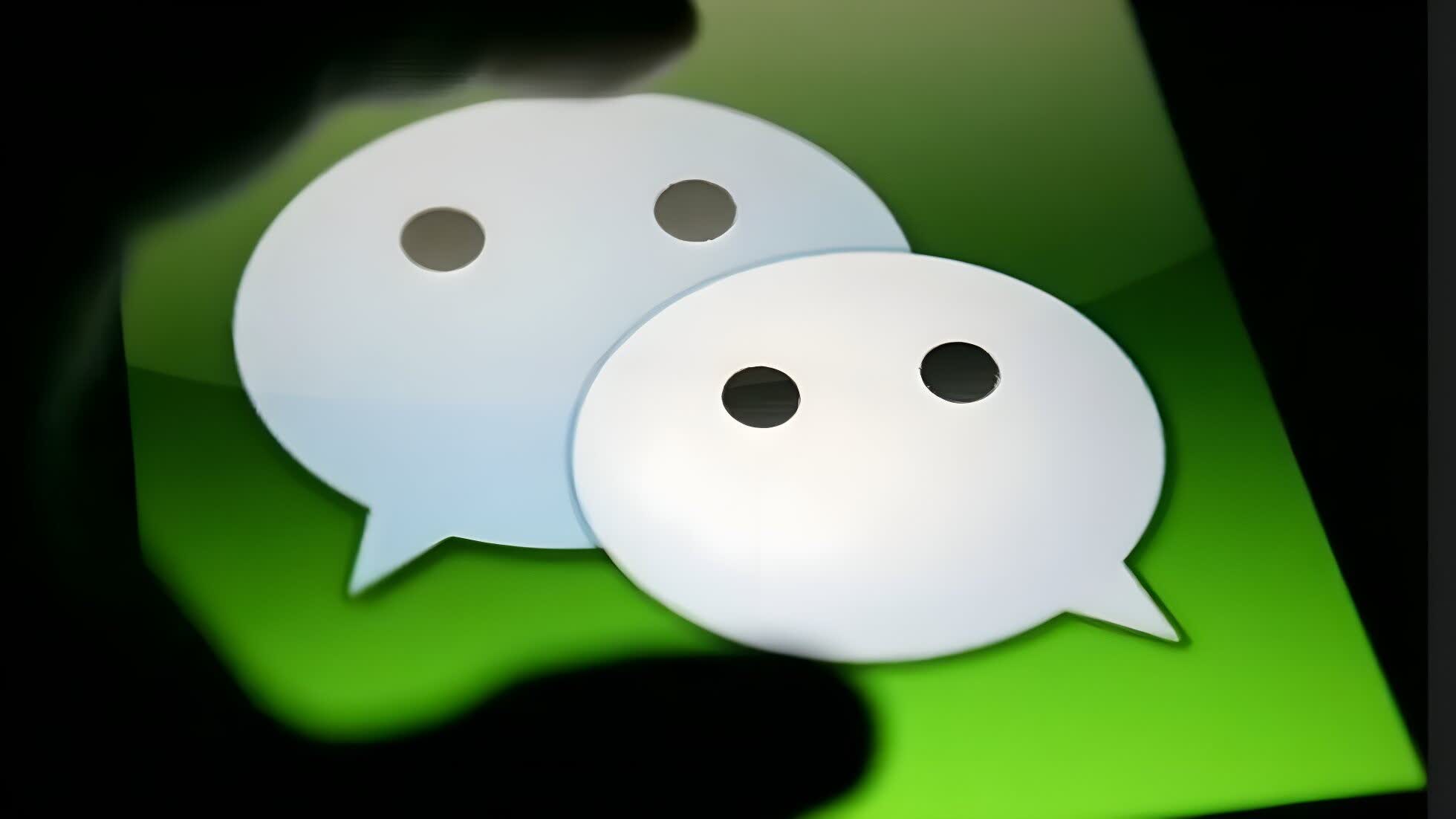What just happened? It's not just TikTok being banned from government devices. Canada's administration has decided that Tencent's WeChat and Kaspersky Lab's security suite of apps pose too much of a security risk and are now banned from government-issued mobile devices.
The president of Canada's Treasury Board, Anita Anand, said the applications from China's Tencent and Moscow-based Kaspersky had been found to "present an unacceptable level of risk to privacy and security" following an assessment by Canada's chief information officer.
The Treasury Board's statement said the applications will be removed from government-issued mobile devices effective immediately. Users of these devices will also be blocked from downloading the apps in the future.
The agency said WeChat and Kaspersky use data collection methods that provide considerable access to a device's contents. It said that the decision ensures the Government of Canada networks and data remain secure and protected, adding that there is no evidence any government information has been compromised.
Kaspersky Lab has faced allegations of having close ties with Russian spy agencies for years. The fact that CEO and cofounder Eugene Kaspersky was educated at a KGB-backed school and previously served at the intelligence organization has not helped its pleas of innocence.
Kaspersky Lab was removed from the US government's approved vendors list in 2017. The company tried to regain consumer trust by moving some of its infrastructure from Russia to Switzerland a year later, but Russia's invasion of Ukraine led to the company being added to a US national security threat blacklist and becoming the subject of a government probe.
Germany advised consumers not to use Kaspersky Lab products in 2022 as they could be susceptible to cyberattacks or snooping.
Kaspersky said it was surprised and disappointed by Canada's decision, which was made without warning or an opportunity for the firm to address the government's findings.
"As there has been no evidence or due process to otherwise justify these actions, they are highly unsupported and a response to the geopolitical climate rather than a comprehensive evaluation of the integrity of Kaspersky's products and services," the company said in a statement.
WeChat has more than one billion users, most of whom are in mainland China. Donald Trump tried to ban the app (and TikTok) from being downloaded in the US in 2020 over claims it posed a threat to national security. The administration tried to implement an outright ban again in 2021, but the Biden administration overturned the decision.
Tencent did not respond to a request for comment.
Like other nations, including the US, the UK, Taiwan, and Australia, Canada banned TikTok from government-issued mobile devices earlier this year.
China's foreign ministry said the Canadian government had issued a ban on Chinese enterprises without any real evidence, under the guise of national security. It said the ban abused national power and unreasonably suppressed the behavior of enterprises in specific countries.
"We hope that the Canadian side will discard ideological prejudices, abide by the principles of market economy and provide a fair, just and non-discriminatory business environment for Chinese enterprises," said spokesperson Wang Wenbin

